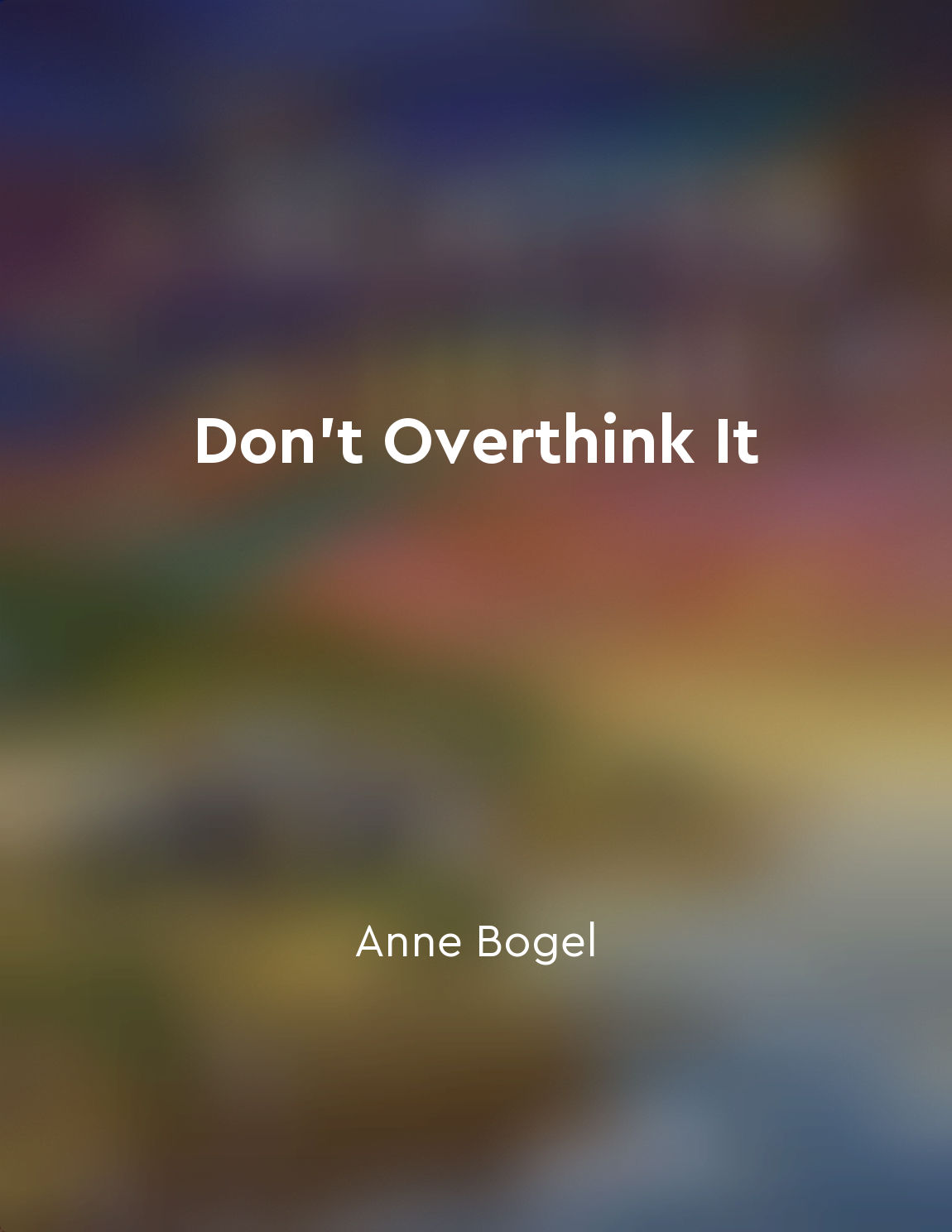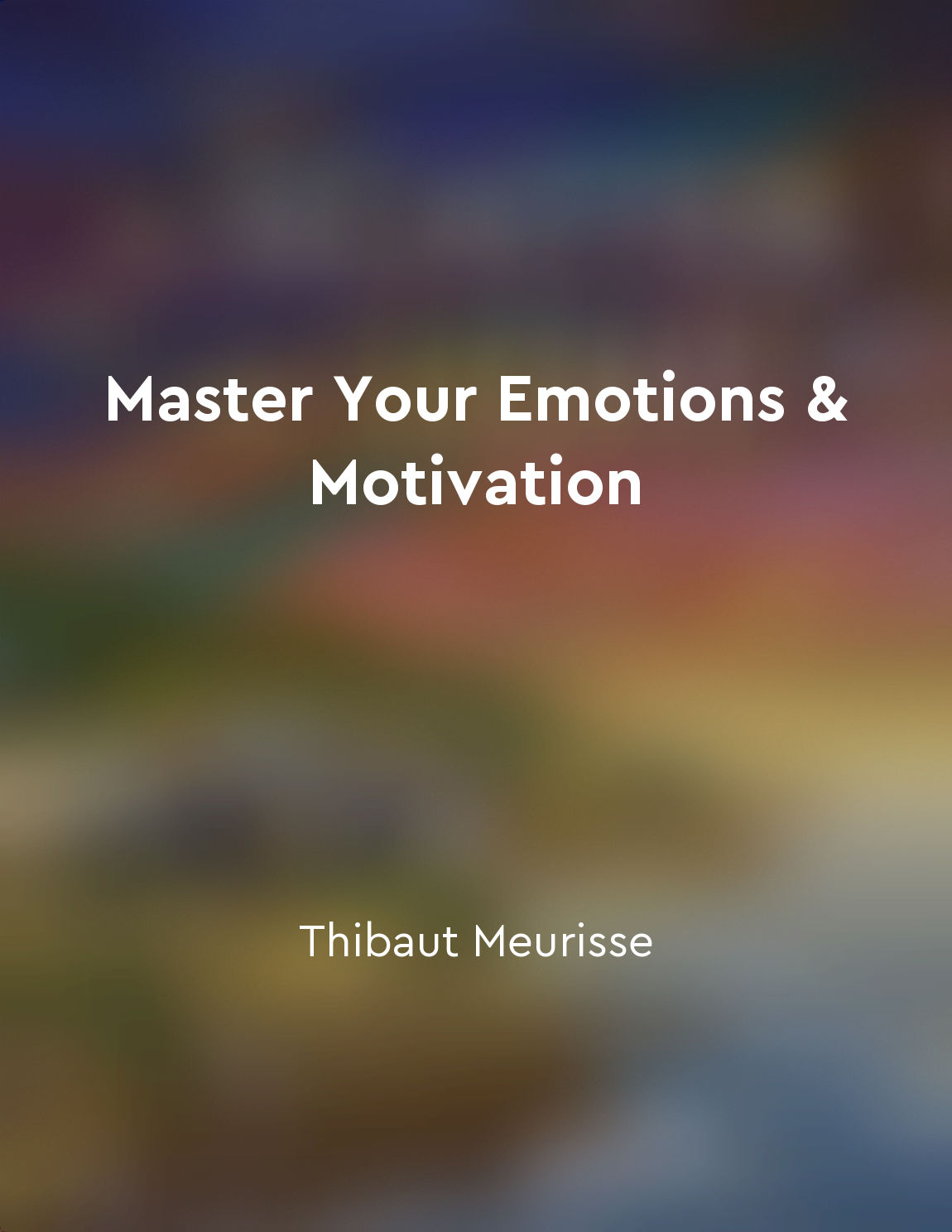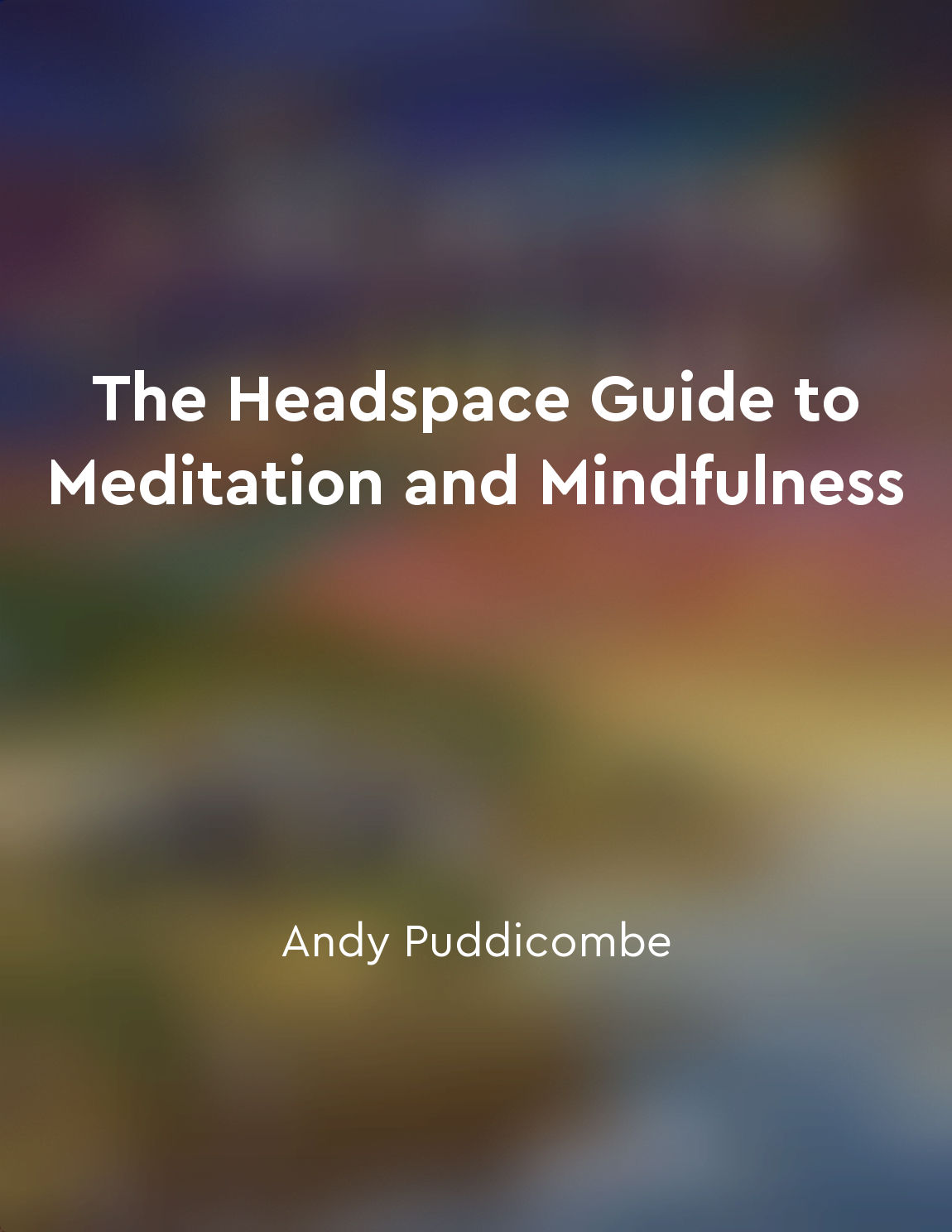Audio available in app
Develop selfcompassion to overcome self-doubt from "summary" of The Self Confidence Workbook by Celia Ampel,Barbara Markway
When you're struggling with self-doubt, it's common to be hard on yourself. You might notice a critical voice in your head, telling you that you're not good enough or that you'll never succeed. This negative self-talk can be damaging to your self-esteem and confidence. That's where self-compassion comes in. Self-compassion is about treating yourself with the same kindness and understanding that you would offer to a friend in a similar situation. It involves acknowledging your feelings of inadequacy or doubt without judgment. Instead of berating yourself for your perceived shortcomings, you offer yourself comfort and support. By developing self-compassion, you can start to challenge the negative beliefs that fuel your self-doubt. When you approach yourself with kindness and compassion, you create a space for self-acceptance and growth. You begin to recognize that everyone makes mistakes and experiences moments of doubt, and that doesn't diminish your worth as a person. Self-compassion can also help you build resilience in the face of setbacks. When you're kind to yourself, you're better equipped to bounce back from failures and disappointments. You can see these experiences as opportunities for learning and growth, rather than evidence of your incompetence. To cultivate self-compassion, practice self-soothing techniques like deep breathing, meditation, or engaging in activities that bring you joy. Be mindful of your self-talk, and challenge negative thoughts with compassion and understanding. Treat yourself with the same care and respect that you would offer to a loved one in need. As you build your self-compassion, you'll find that your self-doubt begins to lose its hold on you. You'll start to see yourself in a more positive light, with a greater sense of worth and confidence. Remember, developing self-compassion is a process that takes time and practice. Be patient with yourself as you work to overcome self-doubt and cultivate a healthier relationship with yourself.Similar Posts
Managing anxiety
Anxiety is a natural emotion that can be useful in small doses, but it becomes a problem when it dominates our thinking and dec...
Learn to let go of control
The concept of letting go of control is a fundamental principle in achieving happiness. It involves understanding that we canno...

Balancing thoughts with evidence can lead to more rational thinking
When we allow our thoughts to run rampant without considering the evidence supporting them, we often fall into the trap of irra...

Embrace a mindset of experimentation and learning
Adopting an experimental mindset invites curiosity and opens the door to personal growth. It encourages the idea that life is a...
Mindfulness meditation can transform suffering
Mindfulness meditation holds the power to transform the experience of suffering. When we sit down to meditate, we are not neces...

Seek feedback to learn and improve
Feedback is an essential component of personal and professional growth. Without feedback, we would not know how we are doing or...
Set realistic goals and action steps
When it comes to making changes in our lives, it's important to have a clear plan in place. This is where setting realistic goa...
Embracing change is essential for emotional adaptation
Adapting to change is crucial for our emotional well-being. Life is constantly changing, and we must learn to embrace these cha...

Focus on the sensations of the breath to anchor your attention
When we sit down to meditate, the first thing we do is to find a comfortable position. Sitting cross-legged on the floor is ide...
Find joy in everyday moments
The idea of finding joy in everyday moments is not about waiting for extraordinary events to happen in our lives. It's about re...

